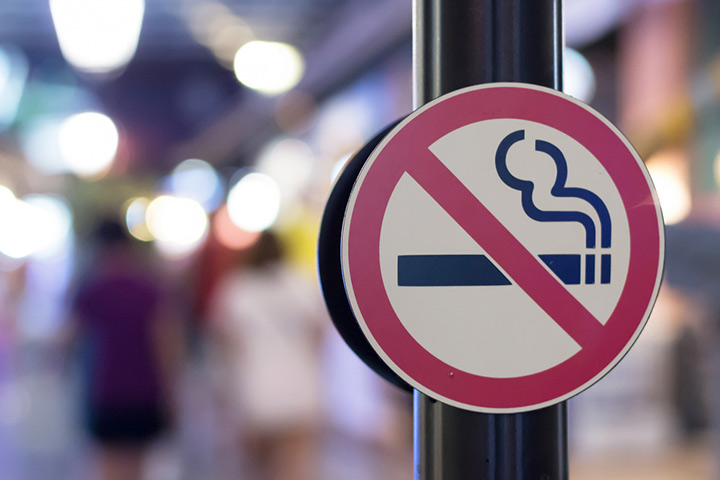
Image: Shutterstock
Remember when you first saw your lovely floral panties stained by blood? Some of us were frightened to the point that we imagined every disease we knew about, whilst some of us released pent-up anxious breaths that our menses had finally arrived!
Puberty encompasses an entire spectrum of emotions for girls and women, alike. For some of us, it is our daughters, and for some, it’s ourselves entering puberty. There is this rush of joy followed by nervousness, anxiety, and worst of the dreaded, cramps and lower back pain. Then there are details like pads, tampons, dark-colored panties, tights, leggings and skirts in solid dark colours so that the stains won’t show.
Even though many of us were talked to about first periods by our mothers, sisters, and sometimes our gynecologists, it can still be a trying time because our menses are so much more than just about uterus and ovaries. They have everything to do with our overall health and even our life expectancy.
Although we mostly hear of first periods around the ages of 12 and 13, the fact of the matter is that every body is different and the start of the menses is affected by a multitude of factors. Some girls may get it as early as age 10 while some may only get it at age 15. While the first menses are officially the start of ‘adult life’, given the magnitude of changes in dietary and environmental factors pubescent symptoms may start much earlier.
When the first period, known as menarche, starts it means that the various reproductive parts of her body have matured. The pituitary gland then produces hormones, which serve to stimulate the ovaries to produce their respective hormones, estrogen and progesterone (1).
Apparently, menarche is now directly linked to our life expectancy, too (2). While there is not much one can do to control when your periods start apart from eating well and taking care of health, there are some other factors that also affect longevity, and when combined with our menarche, can extend our life.
Improving heart health
It’s never too early to start eating foods that lower the risk of cardiovascular diseases. While estrogen is responsible for lower cardiac cases among women compared with men, post-menopause women are at greater risk because of the decreased levels of estrogen to protect the heart (3). Whenever your menarche may have happened, eating a diet rich in fiber, proteins, and good fats will go a long way in decreasing your risk of heart disease. Daily exercise routines and controlled cholesterol levels are also essential.
Say no to smoking
With every cigarette that one smokes, one increases the level of carbon monoxide, which hampers the proper circulation of oxygen throughout the body. When one quits smoking, heart and lung functions improve thanks to the improved levels of oxygen in blood circulation, and lowering the risk of cardiac or cancer diseases that can arise from smoking.
Stress
Unmanaged stress is a well-known factor for a multitude of diseases. While some stress due to uncontrolled factors outside of us cannot be expected or managed, we can do a lot to manage everyday stress-inducing factors. Stress can cause an imbalance of hormones in our bodies, leading to stubborn weight gain, skin problems such as acne, emotions which cannot be controlled, among others. Establishing relaxing and planned sleep routines, regular exercise regimes, meditation, clean eating habits will go a long way in reducing our levels of stress, which in turn reduces the risk of disease.
Our body parts are inter-connected, and hence when we don’t take care of one part we pay the price in other parts of the body, too. All the hormones mentioned earlier in this article are together responsible for overall well-being and growth. When one of these hormones is over or under-produced or all hormones are not well-balanced in our bodies, we tend to experience the side-effects in many ways, including our emotions. Hence, it is essential that we place well-being at the top of our priorities to help our bodies help us.















